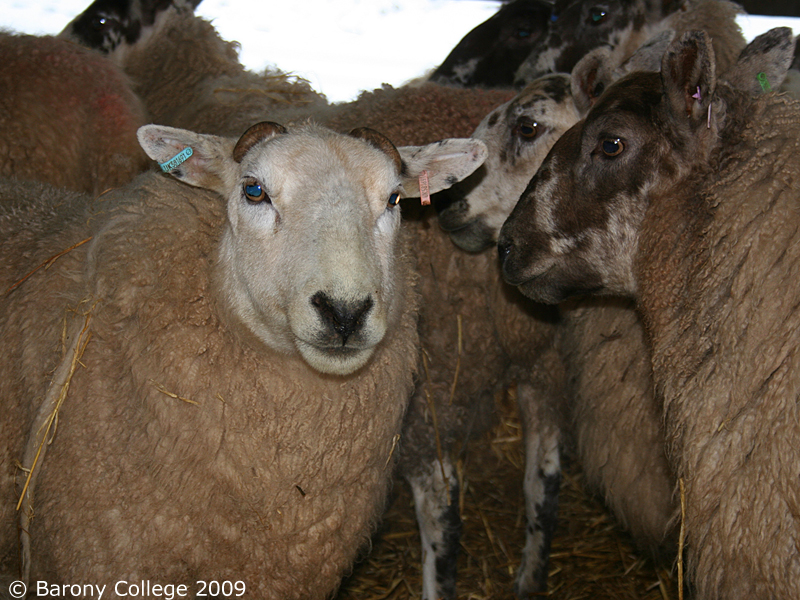Managing Ewes In Mid-Pregnancy
27 November 2020After around 50 days from tup introduction with the ewes, the ewes enter a relatively resilient phase – mid pregnancy. The embryo should be implanted, and their nutritional demand is low compared with late- pregnancy. A maintenance diet, roughly 2% of their body weight in kg dry matter per day, is all that is required to maintain their condition as the pregnancy requirements are small. Underfeeding is still risky however; it is detrimental to foetus and lamb survival so take stock of the situation to get the management right.
Know your feed availability and requirements
Feed budgeting is an invaluable tool – calculate flock requirements compare with feed supplies to optimise daily feed allocation for cost-effective feeding. With knowledge of what they need, conserved forage, rotational grazing or forage crops can be rationed using electric fence or allocated forage. There are a lot of tools to help, an easy starter is available here www.feedsmart.co.nz.
Manage to maintain or gain fat reserves to achieve target condition
Previous advice was to allow condition loss in mid-pregnancy for those on condition score 3.5 and above. However, the AHDB Challenge Ewe findings has shown that scanning percentage is higher in flocks that maintain or gain condition to scanning time. This is of course a fine balance as those that are too fat will be at risk of lambing issues later. Most importantly, address the ewes that are too lean. Attempting to correct condition in late pregnancy is challenging and will risk big lambs.
Rest pasture
Feeding silage or hay in mid-pregnancy to rest pastures for spring is more efficient than eating into grass supplies. Pasture grows better after a rest and the feed demands of a lactating ewe is over twice that of a ewe in mid-pregnancy.
It is all about management now to ensure you have the feed supplies and ewes in good condition come lambing time.
Poppy Frater, poppy.frater@sac.co.uk
Sign up to the FAS newsletter
Receive updates on news, events and publications from Scotland’s Farm Advisory Service

